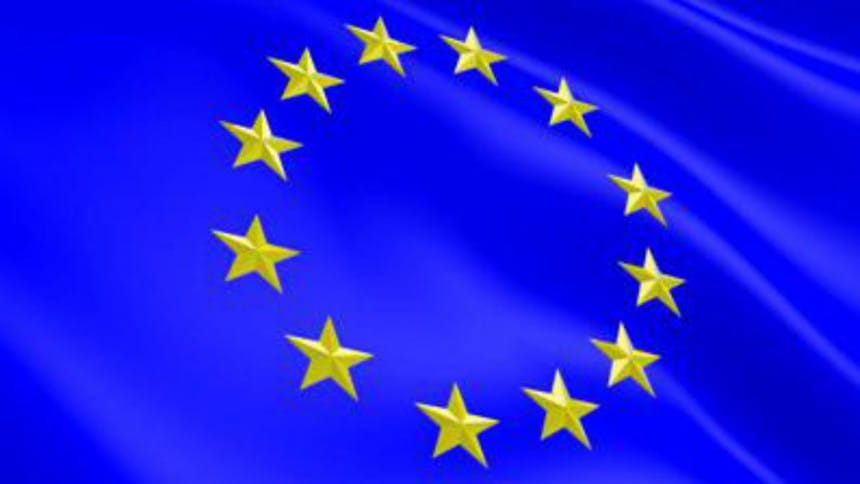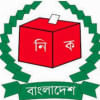EU wants inclusive, credible polls in Bangladesh

The European Union (EU) at a meeting here hoped that the government of Bangladesh will ensure conditions for credible, transparent and inclusive elections.
At the meeting, Bangladesh also reiterated its commitment to provide all-out support to the Election Commission in holding free, fair, and credible election.
The issues came up for discussions at the biennial meeting of the Subgroup on Good Governance and Human Rights in the framework of the EU-Bangladesh Cooperation Agreement (CA) held in Dhaka, said a joint press statement on Thursday.
At the outset, the EU delegation appreciated the generous and humane role and action of the people and the government of Bangladesh for hosting the Rohingya people fleeing violence in Myanmar.
The Bangladesh side requested the EU to keep providing political and other supports in returning the Rohingyas to Myanmar in safe, dignified and sustainable manner.
The EU expressed its commitment to continue mobilising political support and humanitarian assistance to help bring a lasting solution to this crisis, including the safe, dignified and voluntary return of the Rohingyas.
Both sides reaffirmed the commitment to strengthen cooperation in the field of human rights on the basis of shared principles and internationally recognised human rights standards.
The EU recalled the importance of strengthening the rule of law, and both sides underlined the contribution of civil society to a functioning democracy. It raised concerns over the situation of human rights, in particular reports of 'extrajudicial killings' and 'enforced disappearances'.
The Bangladesh side in response reiterated its 'zero tolerance' policy to violation of laws and human rights by law enforcing agencies and the government's commitment and continued efforts to ensure accountability, including through the capacity building of the LEAs.
The two sides agreed to further enhance the promotion and protection of the rights of the persons belonging to minorities, ensuring non-discrimination in their exercise of political, economic, cultural and social rights.
Bangladesh reiterated its promise to continue its engagements with the Human Rights Council, treaty bodies and other related UN mechanisms.
They also discussed the link between the overall governance framework and the 2030 Agenda for sustainable development.
To this end, the meeting acknowledged the government work and EU support on specific policies on public finance management and social protection as well as social security strategy.
'Implement labour law properly'
Five years after the tragedy of the Rana Plaza collapse, the EU noted the progress made so far under the Sustainability Compact, notably on safety of working places but said more needs to be done in terms of aligning Bangladesh labour legislation with international labour conventions and their implementation.
It underlined the urgency to address the alleged acts of violence and harassments against trade unionists and the trade union leaders, and investigate those.
The EU called on Bangladesh to ensure proper implementation of labour law in respect of registration of trade unions and urged to bringing in line with the ILO Convention on freedom of association, its draft law on Export Processing Zones.
The issues related to labour rights will further be addressed during the High Level Sustainability Compact meeting to be held in June 2018 in Brussels.
Both sides agreed to continue working together to address human rights challenges in the EU and Bangladesh.
These issues will be discussed more at the EU-Bangladesh Joint Commission, to be held in Dhaka in the first half of 2019.
Senior Secretary, Legislative and Parliamentary Affairs Division, Ministry of Law, Justice and Parliamentary Affairs Muhammad Shahidul Haque led the Bangladesh delegation. It included representatives from various ministries.
The EU delegation was led by Head of Division, Regional Affairs and South Asia in the European External Action Service (EEAS) Caroline Vinot.
Diplomats from several European Union Member States also attended the meeting as observers.

 For all latest news, follow The Daily Star's Google News channel.
For all latest news, follow The Daily Star's Google News channel. 








Comments